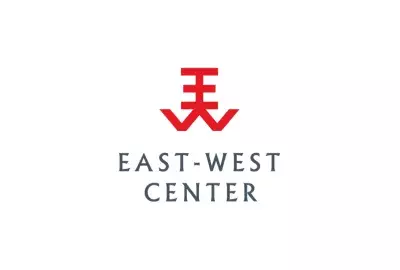Error message
East-West Center Working Papers, Economics Series
East-West Center Working Papers, Economics Series
Do Global Production Networks and Digital Information Systems Make Knowledge Spatially Fluid?
Do Global Production Networks and Digital Information Systems Make Knowledge Spatially Fluid?
Digital Information Systems (DIS)—electronic systems that integrate software and hardware to enable communication and collaborative work—are increasingly used to manage global production networks (GPN). There is a widespread belief that these developments create new opportunities for organizational learning and knowledge exchange across organizational and national boundaries, hence making knowledge more spatially fluid. This would have important implications for the location of knowledge intensive activities worldwide and the global distribution of income. The paper assesses these expectations. We conclude that, despite DIS, the fluidity of knowledge remains constrained in space: while cross-border exchange of knowledge has penetrated new geographic areas, it remains limited to a finite number of specialized clusters.
Digital Information Systems (DIS)—electronic systems that integrate software and hardware to enable communication and collaborative work—are increasingly used to manage global production networks (GPN). There is a widespread belief that these developments create new opportunities for organizational learning and knowledge exchange across organizational and national boundaries, hence making knowledge more spatially fluid. This would have important implications for the location of knowledge intensive activities worldwide and the global distribution of income. The paper assesses these expectations. We conclude that, despite DIS, the fluidity of knowledge remains constrained in space: while cross-border exchange of knowledge has penetrated new geographic areas, it remains limited to a finite number of specialized clusters.





